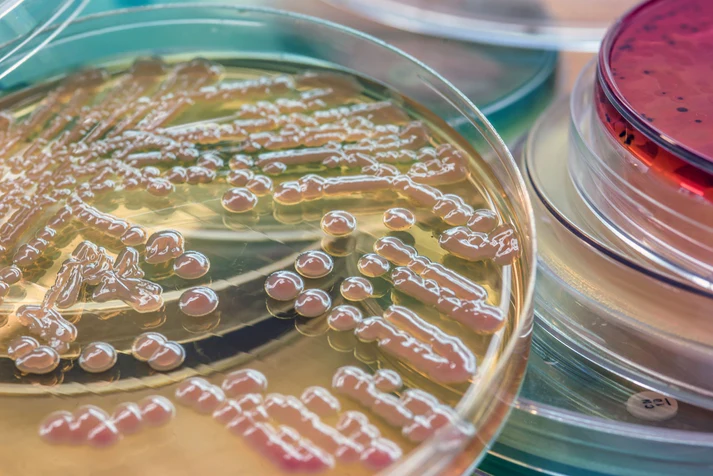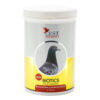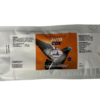
Vaccination Schedule for Viral Diseases in Racing Pigeons
Vaccination Schedule for Viral Diseases in Racing Pigeons
Protecting Your Loft with Strategic Immunization Plans
One of the most critical steps in protecting your racing pigeons’ health and race-day potential is establishing a reliable vaccination schedule for viral diseases. Viral infections such as Paramyxovirus (PMV), Pigeon Pox, and Adenovirus can sweep through a loft, derail conditioning, cause high mortality, and ruin an entire season.
Unfortunately, many fanciers underestimate the impact of missed or mistimed vaccinations, only realizing the damage when it’s too late—usually during breeding or just before major race events.
In this blog post, we’ll walk you through:
-
The key viral diseases affecting racing pigeons
-
Why a vaccination schedule matters
-
Ideal vaccine timing and protocols
-
How to prepare a vaccine calendar
-
Long-tail keywords to help fanciers find this essential resource
By the end, you’ll have a complete framework to build a year-round pigeon vaccine calendar to help your birds stay healthy, competitive, and protected.
Why Vaccinate Racing Pigeons?
Vaccination is preventative medicine—and in the world of racing pigeons, it’s an investment in your birds’ lifespan, performance, and safety.
Viruses like PMV, Pox, and Adenovirus are:
-
Highly contagious
-
Environmentally persistent
-
Difficult to treat once symptoms start
-
Potentially lethal or permanently damaging
Unlike bacterial infections, antibiotics do not work on viruses. The only effective defense is vaccination before exposure. Even mild viral infections can cause:
-
Poor performance
-
Weight loss
-
Delayed molt
-
Chronic respiratory problems
-
Sudden death in young birds
Common Viral Diseases in Racing Pigeons
Let’s look at the three most important viruses you should vaccinate against:
1. Paramyxovirus (PMV1)
-
Affects the nervous system and kidneys
-
Causes twisting necks, tremors, watery droppings, and paralysis
-
Highly contagious through droppings, feed, and water
-
Can destroy an entire racing season
2. Pigeon Pox
-
Caused by Pigeon Pox Virus
-
Leads to wart-like growths on beak, eyes, and feet
-
Spread by mosquitoes and contact
-
Delays training, molting, and compromises race fitness
-
Vaccination offers long-term protection
3. Adenovirus (Type I & II)
-
Especially harmful to young birds (YB)
-
Symptoms: vomiting, green watery droppings, rapid weight loss
-
Type I often paired with E. coli (YB sickness)
-
Type II causes sudden death and liver failure
-
No cure—only prevention through biosecurity and strategic vaccination (some regions now use PHA vaccines)
Creating an Effective Vaccine Calendar for Your Loft
Every fancier’s calendar may vary slightly depending on location, race season timing, and breeding plans, but here is a general baseline schedule to follow:
Before Breeding Season (Late Winter / Early Spring)
-
PMV1 Vaccine:
-
Give to all breeding pigeons and young birds over 4 weeks old
-
Booster yearly for ongoing protection
-
Use PMV monovalent or combined PMV + Pox vaccine (depending on loft risk)
-
-
Pigeon Pox Vaccine:
-
Apply via wing web stab (live vaccine)
-
Administer 2–3 weeks after PMV
-
Only once per year
-
Best before mosquito season begins
-
Before Race Season (Spring/Early Summer)
-
Ensure PMV and Pox vaccinations are complete at least 3–4 weeks before racing
-
Booster PMV if previous shot was more than 10 months ago
-
Avoid vaccinating within 2 weeks of racing or shipping
-
Adenovirus Prevention Tips (no universal vaccine available):
-
Consider regional PHA combination vaccines (PMV + Herpes + Adeno) if available
-
Otherwise focus on biosecurity, probiotics, and early detection
-
Keep loft stress low and quarantine new birds
-
Sample Vaccine Calendar for Pigeon Loft Management
Here’s a sample annual schedule to guide your race team’s protection:
| Month | Action |
|---|---|
| January | Health check, deworming, vitamin prep |
| February | PMV1 vaccination for breeders + early YBs |
| March | Pox vaccine (2–3 weeks after PMV) |
| April | Continue YB PMV vaccines (4 weeks age+) |
| May | Finish Pox vaccines for late YBs |
| June | Avoid vaccinations during active race period |
| September | PMV booster for all birds after race season |
| October | Optional: Pox re-vaccination if high mosquito risk |
| November–Dec | Rest and build immunity, assess new vaccine needs |
💡 Pro Tip: Use a spreadsheet, notebook, or mobile reminder app to track each bird’s vaccine date. Don’t rely on memory!
How to Vaccinate Your Pigeons (Basic Protocols)
Proper administration is critical to avoid ineffective protection or adverse reactions.
PMV1 Vaccination (Injectable)
-
Administer 0.2–0.3 ml subcutaneously at the back of the neck
-
Use disinfected syringes for each pigeon
-
Shake the vial well before use
-
Don’t vaccinate sick or stressed birds
Pox Vaccination (Wing-Web)
-
Stab the wing web (thin skin between shoulder and elbow) using a 2-prong applicator
-
Observe for a small scab (vaccine take) after 7 days
-
Keep birds dry for 24 hours post-vaccination
Safety & Storage
-
Store vaccines in the fridge (2–8°C), never frozen
-
Discard any opened vial after 1 day
-
Always read manufacturer instructions
-
Consult a qualified avian vet if unsure
Signs of Post-Vaccine Reactions (And What to Do)
Vaccines are generally safe, but mild side effects may occur:
Normal Reactions
-
Slight swelling at injection site
-
Temporary lethargy or reduced appetite for 24–48 hours
-
Small scab (pox vaccine take) after 5–7 days
Abnormal Reactions
-
Excessive swelling or abscess at injection site
-
Lameness or respiratory distress
-
No pox vaccine take after 10 days (may mean failed dose)
Tip: Keep pigeons warm, hydrated, and stress-free after vaccination to help them adjust and build immunity.
Don’t Rely on Vaccines Alone: Other Viral Protection Tips
Vaccines are powerful—but they’re just one piece of the disease prevention puzzle. Combine them with these strategies for total protection:
Loft Hygiene
-
Disinfect perches, nest boxes, and drinkers weekly
-
Use fungicide sprays to reduce mold exposure
-
Prevent build-up of droppings, dust, and ammonia
Quarantine New Birds
-
Isolate new arrivals for minimum 21 days
-
Monitor droppings, weight, and breathing
-
Vaccinate before releasing into main loft
Boost Immune Health
-
Provide vitamin-rich feed and probiotics
-
Use immune-supporting herbs like oregano and garlic
-
Avoid overcrowding and overtraining
Final Thoughts: Win the Race Before It Starts
Successful racing starts long before the first basket. A well-timed vaccination schedule for viral diseases in pigeons helps you stay ahead of outbreaks, protect your birds, and compete confidently.
Remember: missed vaccines can cost you the entire season—while consistent care ensures your pigeons are strong, sharp, and ready to win.
🗓️ Build your loft’s vaccine calendar today. Consult your avian vet. Keep records. Protect your team.
Need help sourcing PMV, Pox, or combination vaccines?
Explore our recommended avian vaccine kits, cold-packed and shipped with instructions, available now in the PHP online store.
Fly healthy. Fly fast. Fly protected.



